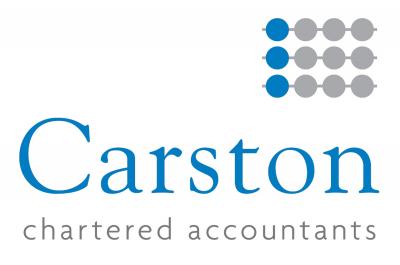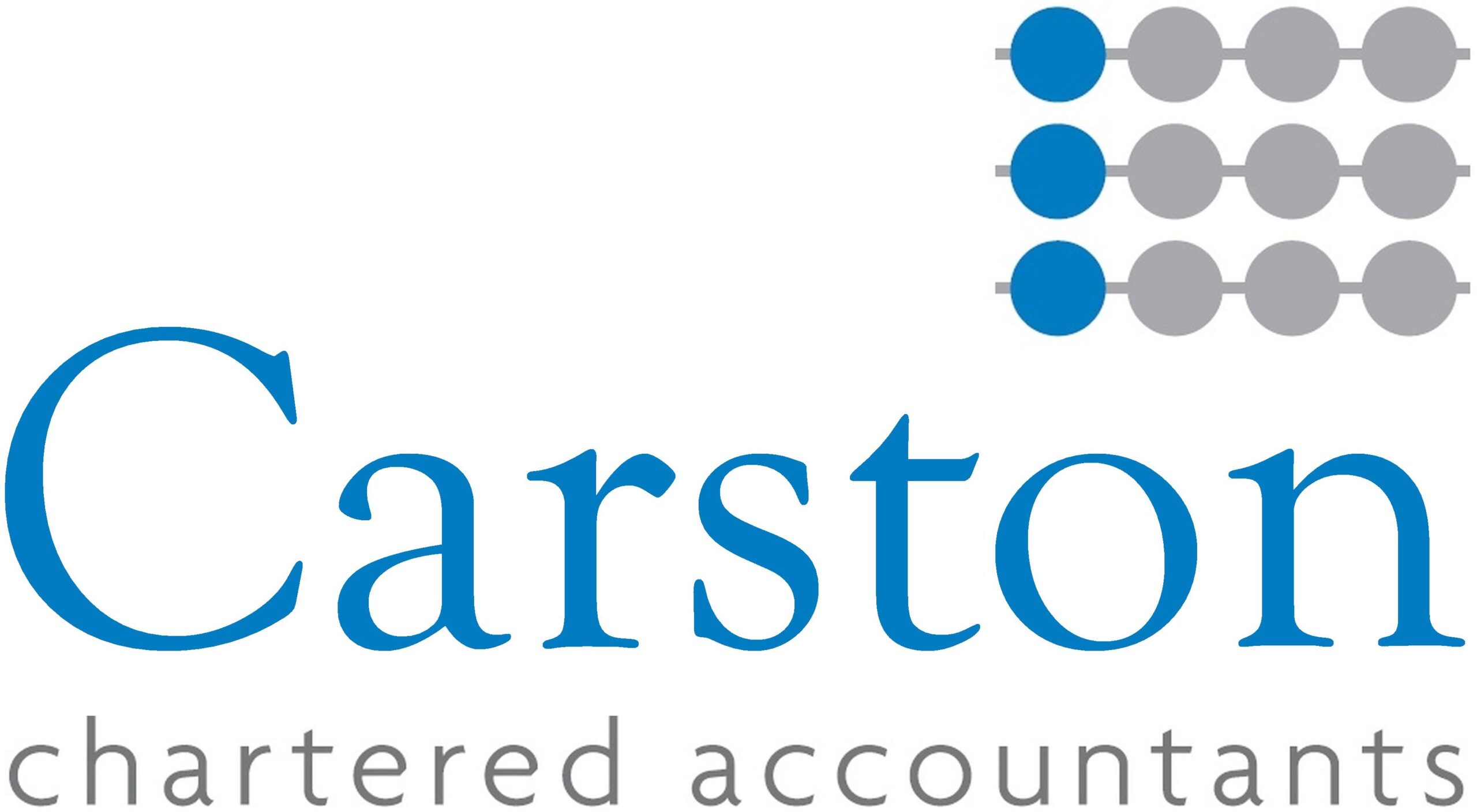More and more landlords are making the decision to incorporate their buy-to-let businesses.
Over the 12 months to September 2022, 50,445 new companies were set up to hold buy-to-let property, the second-highest figure on record.
Not only can incorporating your business be a tax-efficient way to run things, but it also comes with further benefits.
That said, deciding to become a company isn’t without its drawbacks. If you’re trying to decide whether to register with Companies House, here are a few things to consider.
What does incorporating involve?
Anyone looking to incorporate will be required to register with Companies House. This can be done via the Government website.
Registering a company itself isn’t too complicated, but once you have incorporated, you’ll have to take on extra responsibilities, such as filing annual accounts with Companies House and submitting corporation tax returns.
But, as mentioned, there are a number of benefits to incorporating as a landlord.
Transferring property into a limited company
Before you consider the potential benefits and drawbacks of incorporating as a landlord, you’ll need to be aware of the tax implications of transferring property into a company.
Although transferring property may seem like a good way to save on tax (due to corporation tax being charged at a lower rate than income tax) you also have to take stamp duty land tax and capital gains tax into consideration.
If you decide to transfer your property, the company is essentially buying it off you. This means that the company could be liable to pay stamp duty.
Not only that, but you may have to pay up to 28% capital gains tax on the difference between the original cost and the sale price.
While both of these points could be costly, there are advantages to incorporating.
Advantages of incorporating
One of the most attractive benefits of turning your letting business into a company is the tax savings you could make. While independent landlords pay income tax on their business income, incorporated landlords will pay corporation tax, which can result in a lower tax bill.
Currently, corporation tax is charged at 19%, though this will increase to 25% from 1 April 2023 for companies with a turnover above £250,000. Compare that to the 40% and 45% higher and additional tax rates for income tax, and you can see how profitable businesses benefit from incorporation.
As a director of a limited company, you’ll be able to pay yourself in a tax-efficient way as well, as you are entitled to be paid in dividends, which are taxed more generously than regular salaries.
Furthermore, limited companies are not required to pay capital gains tax when selling a property – only corporation tax – which makes things a lot less complicated.
Incorporating will also provide you with limited liability, which means the separation of your own finances and those of your company. So, for example, if the company were to go bankrupt, it would limit the amount of money you would have to pay to only what you personally invested – not the sum of all debts.
Private landlords, on the other hand, would have their personal finances in jeopardy if their businesses were to run into financial difficulties, as they would have sole responsibility for their business’s debts.
Disadvantages of incorporating
Nothing comes without its downsides. Incorporation means there will be a sizable increase in the paperwork you’ll have to submit every year.
First, you’ll have to continue updating your company information with Companies House, as well as preparing and filing statutory accounts with them each year. This also means you’ll have to file compliance paperwork as part of the Companies Act.
For transparency reasons, your personal information will also be on public record, which might be a concern to you.
Furthermore, you’ll be responsible for filing a company tax return and paying your corporation tax bills, which can sometimes be more complex than a self-assessment tax return.
Talk to a professional
Deciding on the best structure for your property business can be challenging, so it’s essential to have all the information you need in front of you.
As there are pros and cons to being either a limited company or a sole trader, it’s always best to ask a professional team which may be the best option for you.
Over the years, we’ve helped countless landlords decide on the most tax-friendly ways to run their businesses, so we’re always happy to hear from you.
Get in touch to discuss the possibility of incorporating your lettings business.

